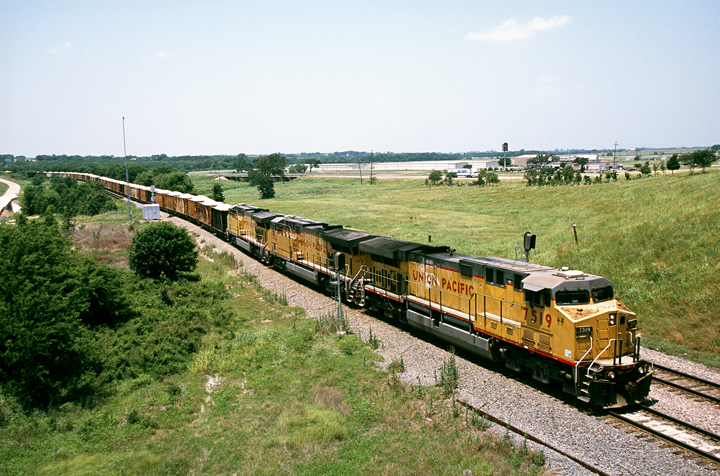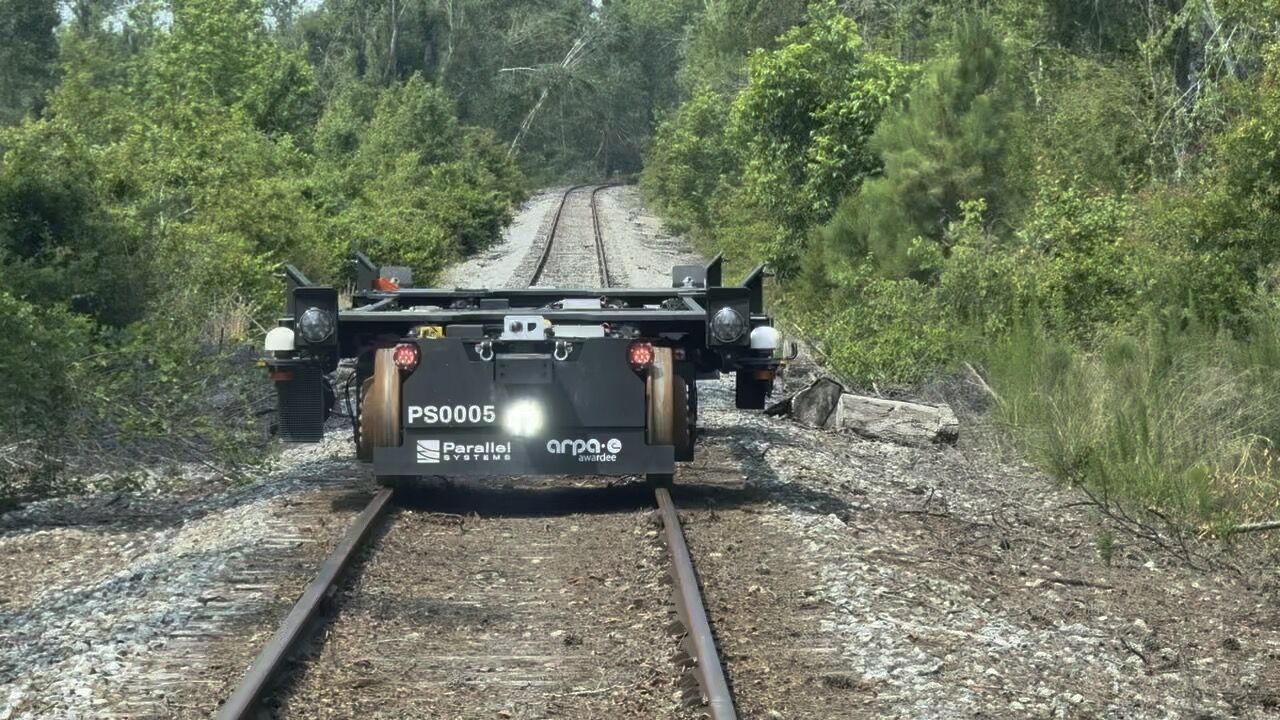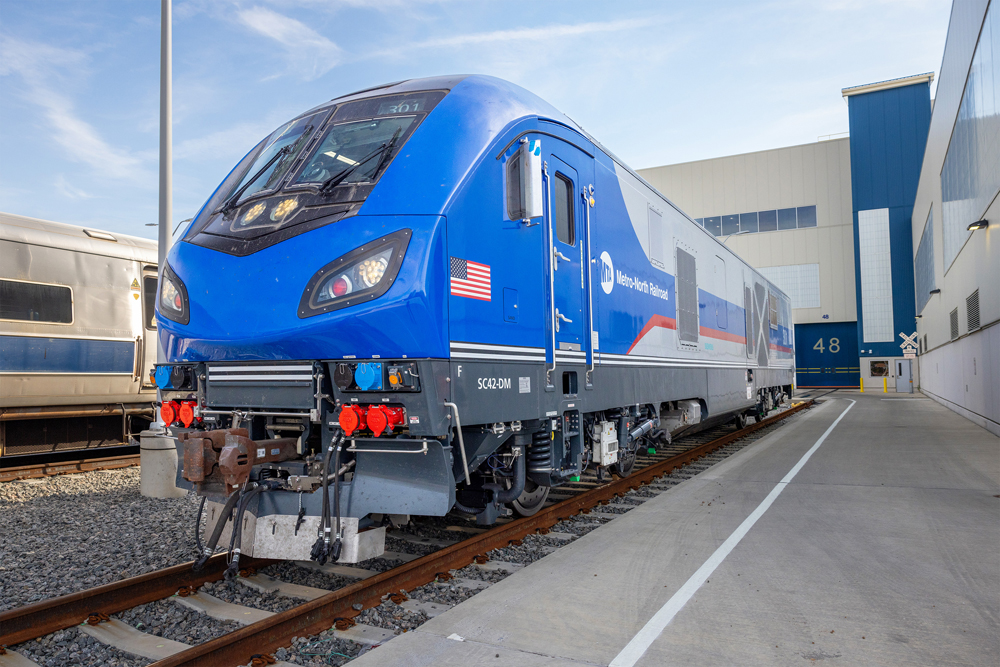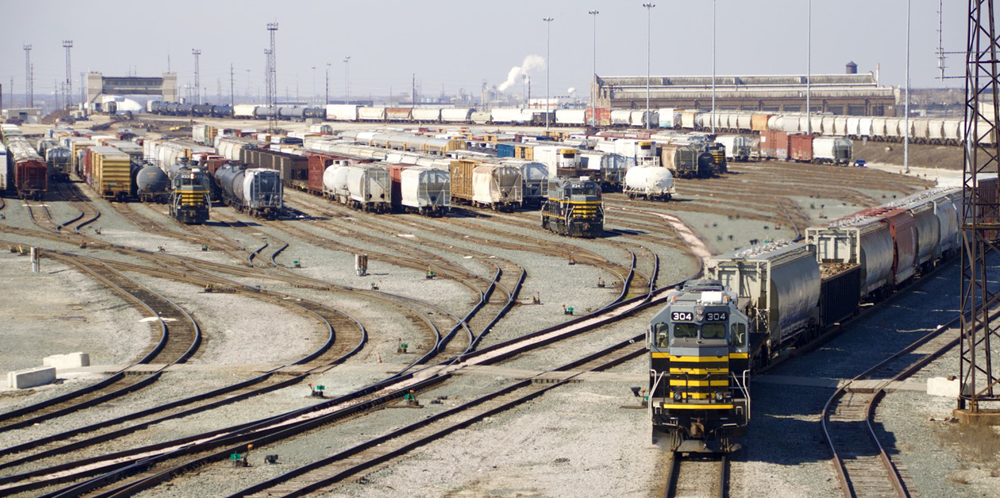SEATTLE — Seattle and King County, Wash., are saying they will sue to block a measure passed by Washington voters on Tuesday which will cut auto registration fees, the Seattle Times reports. Those fees help fund public transportation, and the measure’s passage will likely lead to cuts in light rail and bus service in the Seattle area.
Initiative 976, which passed with 55% of the vote, would limit various fees known as “car-tab taxes” to a flat $30 fee, repeal a city’s authority to charge car-tab fees for local transportation, and roll back car-tab taxes charged by Sound Transit, which operates the bus, light rail, and commuter rail lines in the Seattle-Tacoma area. Sound Transit is also considering a lawsuit. Officials in Seattle and King County are questioning the constitutionality of the measure.
The Washington State Department of Transportation said in a prepared statement the cuts resulting from the measure would be “a significant loss” estimated at $451 million out of a $6.7 billion budget for two years. The agency said it was too soon to know the effects of the initiative.
Seattle would lose an estimated $33 million currently funding road maintenance and bus service. Sound Transit estimates it would lose approximately 11% of its annual funding, although opponents say agency has a number of other funding sources and could meet current obligations by deferring or cancelling some projects.















As for what provisions of the Washington State Constitution might have been violated:
Previous initiatives sponsored by Tim Eyman have been thrown out by the courts because the judges ruled that they violated the constitutional rule that a law may only deal with a single subject.
[See Ballotpedia.org “Washington has a single-subject rule for ballot measures. The relevant law restricts bills in the legislature. However, this restriction has been found to apply to initiatives as well. Key legal decisions to this effect are listed below.
See law: Washington Constitution, Article II, Section 19 ; Fritz v. Gorton (1974) ; Washington Fed. of State Emp. v. State (1995) and Amalgamated Transit v. State (2000)”]
Personally, I think it’s a little early in the process to speculate on the outcome of a lawsuit. Is anyone posting here a Washington State lawyer qualified to give an opinion on how the courts might decide on this initiative? I certainly am not an attorney, much less a specialist in Washington State constitutional law.
However, I think it’s relevant to mention that at least some Sound Transit taxes were approved by the voters in the portions of three of Washington’s 39 counties that the Legislature decided to include in a special Sound Transit district. This initiative was voted on statewide.
Also Sound Transit does not operate a transit system. It funds, plans, constructs, and supervises certain services in its district, but not all the transit service in any area. Sound Transit contracts with three county transit agencies to operate its buses and electric trains. I believe that BNSF is the contractor for the diesel trains that run on the national railroad system (BNSF tracks).
Does anyone else want to research the relevant facts and post their findings here? Have at it…
Go figure…here in Wisconsin billions are spent to redo interchanges (poorly redesigned) while school bond issues, streetcars, and rail service enhancement (think Milw.-Racine-Kenosha, which would neatly sidestep CP’s untruthful embargo on expanded Hiawatha RT’s [the Milw. Rd did 13 daily back when]) for paltry millions are hotly debated and/ or defeated.
ANTHONY – As a native Bay Stater I love the Midwest. Detroit was a great place to live but not so much for train watching. Here in Wisconsin, as for trains it’s like a smaller Chicago.
Looks like the transit mob of the pacific northwest found their counter finally. They may vote for Bernie Sanders in the ballot box, but when it comes to spending the actually money, they vote with their wallet.
Charles, I envy you in Wisconsin LOL, I wish I were back in Minnesota, but unfortunately the kids and grandkids live here and they have jobs, houses etc. Wife likes being by children. I always liked the Midwest. Much cleaner, far less congested, more affordable housing, and most of all much better weather. I never liked cold rain even when I lived here before, love the seasons in the Midwest. I miss the variety of trains in the Chicago area which I went to regularly when I was working for Amtrak, my second career.
Washington voters are beginning to demand more accountability for the money the state is already getting. In a time when the state is receiving millions in a budget surpluses the legislature can only come up with more new taxes. When the Sound Transit Initiative was passed in 2015 they pulled a bait and switch on the voters and used obsolete tax tables that grossly overvalued the values of voters vehicles. Yes, there is a need for more public transit like light rail but at what cost? Sound Transits only response to anything is more, more, more.
Isn’t it great when lawyers do their best to subvert the will of the voters?
At this election in Washington state, almost all of the anti-tax initiatives failed, including this one.
The article doesn’t say what constitutional provision allegedly is violated. I would look it up in a Washington State newspaper on line but I’d hazard a guess that wouldn’t be any clearer.
The constitution of Washington State aside, this is surprising. Pro-tax referenda have been doing rather well of late, even in conservative jurisdictions, especially in that quite often (as in this case) these referenda are placed on low-turnout elections. As we speak there is a controversy in Michigan, where Republican opponents of a tax millage are insisting it be placed on the November (2020) ballot and not on the date of the 2020 presidential primaries when many Democrats and few Republicans are expected to vote.
ANTHONY – Thanks for taking the time to answer my question.
ROBERT RAY – About eight years ago Michigan voters voted to repeal the State Emergency Manager law regarding bankrupt local units of government. Within a few months the legislature reinstated the law. I’ll spare you my own opinion on the issue or how I would have voted if I had still lived in Detroit. (I have long since lived in Wisconsin.) Just mentioning what happened.
ROBERT McGUIRE – You give Washington State voters more credit than they deserve.
Good for the voters of Washington. If they let the government challenge their will I predict these government idiots will find themselves looking for new “day jobs”.
Charles, I am not a guru on the Washington State Constitution, my understanding from reading the reports was that the Washington Supreme Court has ruled against Eyman Initiatives in the past as violating single subject, meaning a vote for the initiative involves log rolling as they put it where it affects multiple entities not just a single State entity. I remember before moving to Minnesota in 1998, Eyman had an initiative for $30.00 tabs. At that time the tabs where based on the value of the car, I believe it was 2.2%. My new 1996 Prelude tabs were over $700.00. When I moved back in 2016, I found horrendous traffic congestion, lots of rail projects in the works, but not on line for several years , and the condition of the freeways and roads in terrible shape.
Seattle is where voters twice refused to approve a bond issue to fund a covered stadium in Seattle. The city council just went ahead and built the stadium anyway. Who cares about elections?
Anthony – I read your post and so noted. Tell us, what is the basis of the lawsuit? What provision of the Washington State Constitution allegedly has been violated?
I am not here to debate how Sound Transit determines the car values. I do want to say that Tim Eyman has been around for 25 to 30 years with anti tax initiatives. That is all well and good but you need to come up with alternatives for funding infrastructure projects. Remember, Washington State has no income tax, while Oregon has no sales tax. There is no free ride in the taxing game, the money has to come from some where. This area has about 4 million people and is years behind in public transit and road infrastructure projects. It is not uncommon to have 1 1/2 to 2 hour commutes between Seattle and Tacoma and Seattle to Everett especially at certain times of day. The I-405 corridor between Tukwila and Bellevue is usually a parking lot both directions. The physical conditions of many of the freeways and roads is terrible, many portions of I-5 have the original cement surface from the 1960’s and it shows. This in and area with multi-billion dollar tech companies and some of the most expensive real estate in the country.